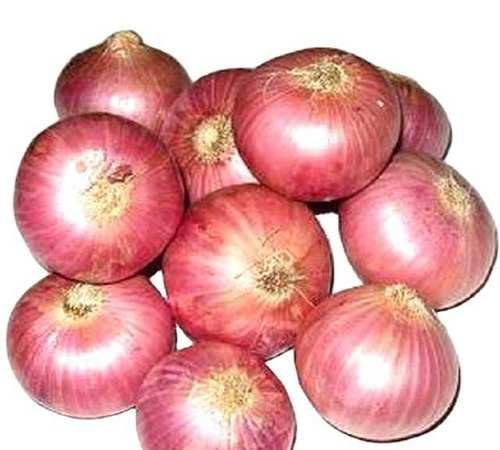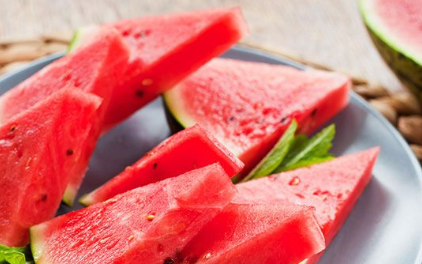Onions are a commonly used ingredient in many recipes worldwide, but did you know that they also have numerous health benefits? In this article, we will explore the nutritional benefits of onion and its potential health effects.

Nutritional Composition of Onion
Onion is a low-calorie vegetable that is a good source of vitamins, minerals, and antioxidants. Here is the nutritional composition of a 100-gram serving of onion:
- Calories: 40
- Protein: 1.1 grams
- Fat: 0.1 grams
- Carbohydrates: 9.3 grams
- Fiber: 1.7 grams
- Vitamin C: 7.4 mg (8% of the Recommended Dietary Allowance)
- Folate: 19.5 mcg (5% of the Recommended Dietary Allowance)
- Potassium: 146 mg (3% of the Recommended Dietary Allowance)
Onions also contain small amounts of other vitamins and minerals, including calcium, iron, and zinc.
Health Benefits of Onion
Onion's health properties are mainly attributed to its high sulfur content. Sulfur compounds can help reduce inflammation, lower cholesterol levels, and improve heart health.
Here are some potential health benefits of onion:
1. Anti-inflammatory Properties
Onions contain quercetin, a flavonoid with potent anti-inflammatory properties. Quercetin's anti-inflammatory effects can help reduce the risk of chronic diseases, such as cancer, heart disease, and diabetes.
2. Cholesterol-Lowering Effects
Onions are rich in sulfur compounds, such as allyl sulfides and thiols, that can help reduce cholesterol levels. Studies suggest that consuming onions regularly can reduce total cholesterol and LDL (bad) cholesterol levels, which are risk factors for heart disease and stroke.
3. Cancer Prevention
Onions' sulfur compounds have also been shown to have cancer-fighting properties. Studies suggest that consuming onions regularly may help reduce the risk of several types of cancer, including breast, colon, and prostate cancer.
How to Incorporate Onion into Your Diet
Onion can be eaten raw or cooked and is a versatile ingredient in many cuisines. Here are some tips for incorporating onion into your diet:
- Add onion to salads and sandwiches for a crunchy texture and a bittersweet taste.
- Use onion as a base for soups, stews, and sauces to add flavor and depth to your dishes.
- Caramelize onions to use as toppings on pizza, burgers, or salads.
- Blend onions in smoothies for an extra nutritional boost.
Final Thoughts
Onion is a nutrient-dense vegetable that has several potential health benefits. Its anti-inflammatory and cholesterol-lowering properties, as well as its cancer-fighting effects, make it a valuable addition to any diet. With its versatility, onion is an ingredient that can easily be added to many dishes to enhance their flavor and nutritional value.
版权声明:本文来自用户投稿,不代表【新糯网】立场,本平台所发表的文章、图片属于原权利人所有,因客观原因,或会存在不当使用的情况,非恶意侵犯原权利人相关权益,敬请相关权利人谅解并与我们联系(邮箱:435320734@qq.com)我们将及时处理,共同维护良好的网络创作环境。





